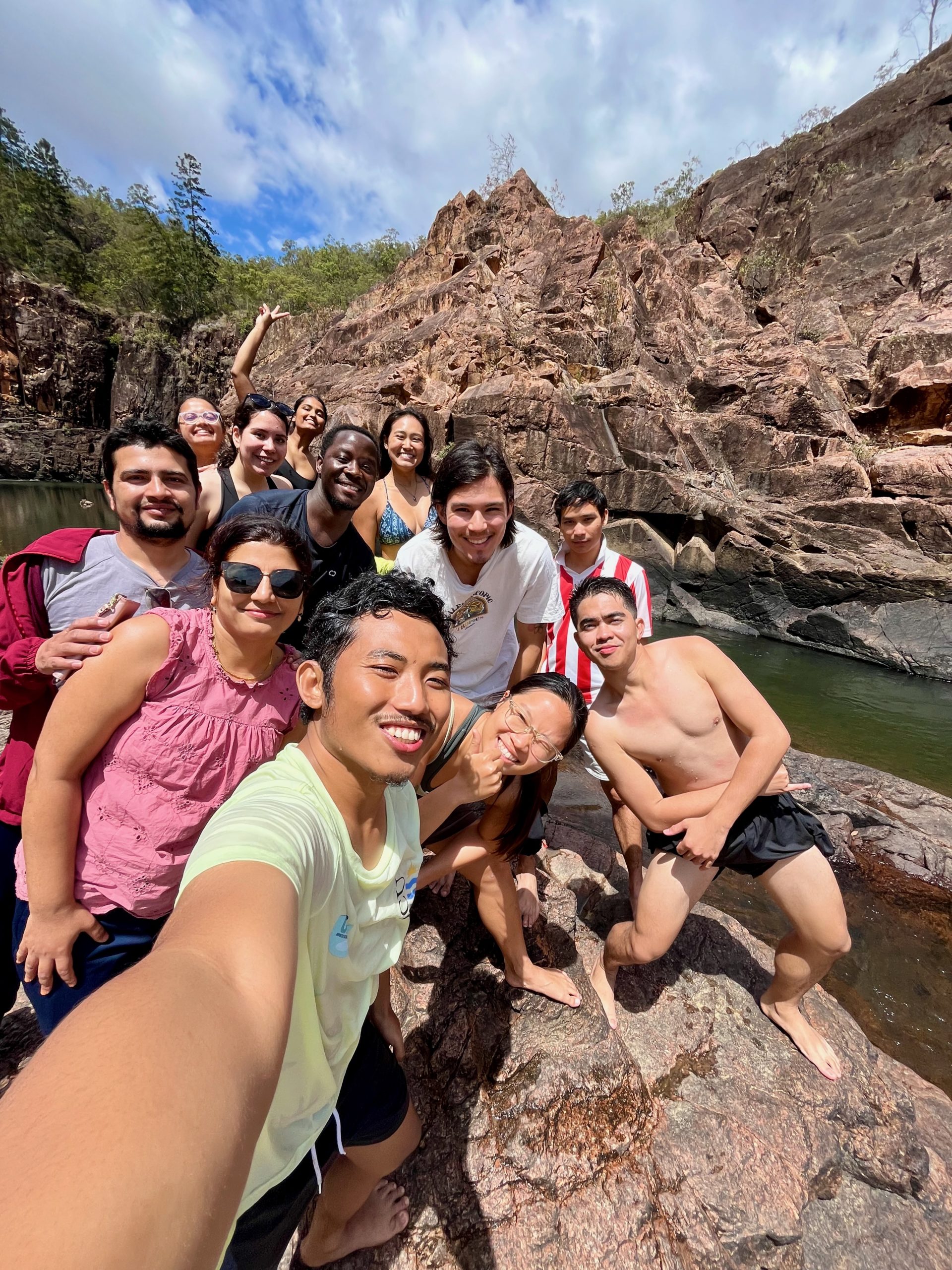Making new friends from around the world and an unexpected adventure
Crystle, from Singapore, is undertaking a PhD with JCU @JamesCookUniversity alongside the Australian Institute of Marine Science @australianmarinescience, researching coral restoration through a method known as coral seeding. Crystle is one of the 2025 Study Townsville Student Ambassadors and recently participated in a Hike Tour to Running River Gorge, located approximately an hour and a half by car from Townsville, with other Study Townsville Student Ambassadors. Crystle shares her photos and details of her experience with us.
Our journey up to Paluma first involved a long drive through changing landscapes of eucalyptus forests and denser tropical rainforests. Paluma Range National Park is considered one of the southernmost protected areas of the wet tropical rainforests of Australia, an incredibly biodiverse area. The local aboriginal name is “Munan Gumburu” which translates to misty mountain because of the fog that bathes the forests. As our bus wound through the steeper hills of the Paluma mountain range, in areas overgrown with smaller shrubs, there were fewer eucalyptus trees and a sparser forest. In other areas, it looked closer to the rainforests I was used to back home. We learnt that fire is essential to kickstart the germination process for eucalyptus plants, and simultaneously keeps smaller shrubs at bay from growing over and shading young seedlings that need sunlight. Still sleepy from the morning drive, we stop for a quick breakfast at Ivy Cottage, where I almost forget to order because I’m enamoured with the birds flocking to the feeders by their balcony. Then, we pick up some of the other Study Townsville Student Ambassadors who spent the night in the cabins nearby and begin our journey towards the hiking trail for the Running River Gorge.
Our attention is drawn to a grass I wouldn’t otherwise have given a second look at. Speargrass have flowers on their tips that resemble tufts of hair, but what’s unique about these plants is that the seeds have a sharp, curved point (hence the name spear) that helps it burrow into the soil. After licking the tip of the seed, the moisture causes the seed to simultaneously swell and shrink, twisting and contorting until it spirals into the soil and secures itself for germination. This works well for the seed but becomes a problem when it lodges in the skin of livestock, like sheep. It’s so pointy that it can pierce through the skin and give rise to infections, becoming a bit of a pest species.
After passing a herd of cows that look comically disgruntled with our intrusion, we venture past a rocky path towards the gorge. This is one of the most stunning hidden treasures I’ve seen in Townsville. The rocky cliffs stretched out far and high, overlooking a quiet lake that ran into streams along the valley. The water was cold but this felt like relief after a sweaty hike. My housemate Sharu and I first tried swimming in a small channel against the flow of the tumbling stream, then ventured around the lake that fed it, carefully avoiding the slippery rocks. Before long, we were joined by a few others, our laughter resounding along the rocky gorge. We agreed that the cold plunge made us feel so free and alive. Four more joined Sharu and I for a swim – Ahana from India, Agus from Indonesia, Perla from Mexico and Gino from the Philippines! Before long, it was time to return and we ended our morning with an Aussie barbecue lunch courtesy of Hidden Valley Cabins, where I got to talk to a few new friends from Ghana, Nigeria and Malawi, laughing as they introduced their countries to us. It dawned on me that this is one of the rare opportunities I have to make friends with people from all around the world and I felt very grateful. What a well-spent Sunday and an unexpected adventure.
Thank you to @study.townsville and @hiddenvalleycabinsqueensland for an unforgettable and educational experience.
September 2024
Photo Credit: Agus Rahman Abas




